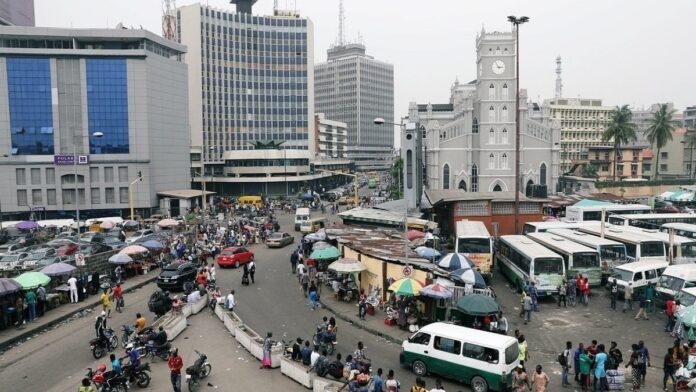Inflation Rate Spikes to 21.09% in Nigeria
Extending worries over rising consumer prices in the economy, Nigeria’s headline inflation rate spiked to 21.09% year on year in October, according to the statistics office report on Tuesday amidst a worsening food price index.
In its inflation reading report, the National Bureau of Statistics said October’s headline reading increased by 32 basis points when compared with 20.77% reported in September 2022.
On a month-on-month basis, headline inflation declined from 1.36% in the previous month to close at 1.24% in October 20022. The NBS attributed the month-on-month decline to the current harvest season.
Analysts expect the month-on-month movement to remain at or above 1.5%, given the expected disruption in the supply of food products due to the incidents of flooding across states in the middle belt as well as increased cost of importation on the back of persistent FX depreciation in the parallel market.
Food inflation recorded an increase of 38bps when compared with the previous month, according to the statistics office. Meanwhile, the Food inflation rate printed at 23.72%, the highest increases were recorded in bread, cereals, meat, oil and fat, potatoes, yam, and other tubers.
On a year-on-year basis, imported food price inflation increased by 9 basis points to 18.08% year on year from 17.99% year-on-year recorded in the previous month. READ: Nigeria to Explore Debt Restructuring
Core inflation increased by 16 basis points to 17.76% yearly comparison from 17.60% recorded in the previous month. For the core inflation, price pressure was felt across gas, liquid fuel, garments, fuel, and passenger transport by air and vehicle spare parts, according to the Bureau of Statistics.
The report said the housing water, electricity, gas and other fuel segment increased by 16.84% year on year and 1.30% month on month. Also, the transport segment also recorded an increase of 19.0% year on year but declined to 1.47% month on month.
These increases in the transport segment year on year can be partly attributed to the price hikes in deregulated products such as diesel, kerosene, and aviation fuel.
The NBS tracks headline inflation by state, with Kogi recording the highest (25.15% y/y) and Nasarawa recording the lowest (19.39%) in October ‘22. It is worth noting that household baskets vary across states due to different consumption patterns.
The CBN’s in-house estimates suggest that inflation is expected to maintain its upward trend, driven by exchange rate pressure, build-up of increased spending and demand for naira on the back of the upcoming 2023 general elections, among others. # Inflation Rate Spikes to 21.09% in Nigeria












